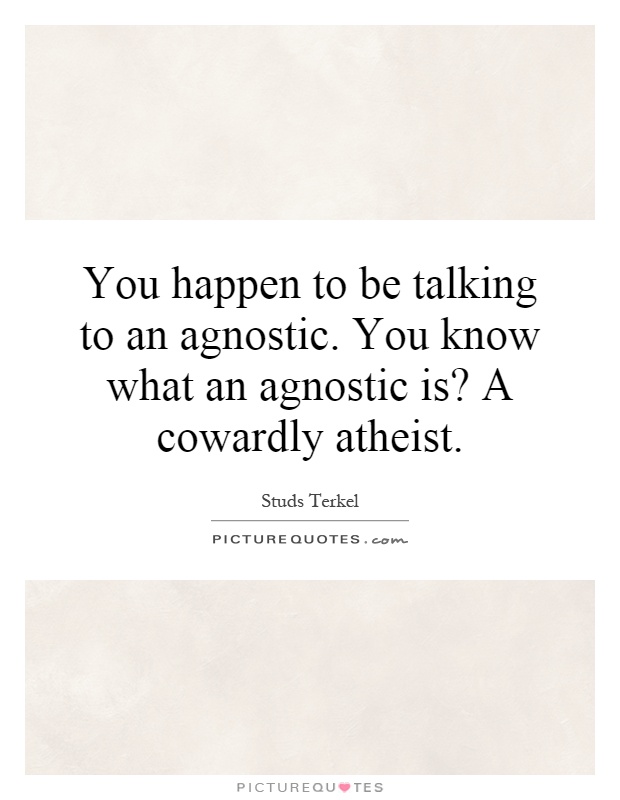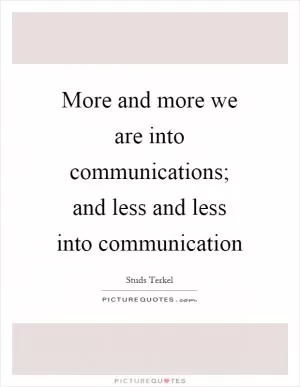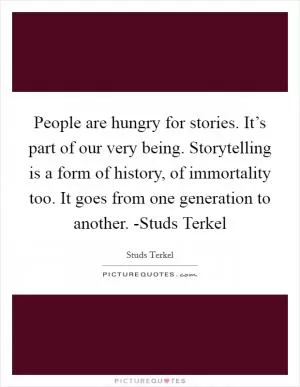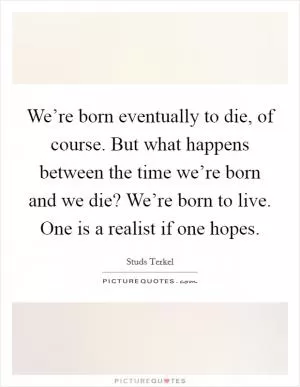You happen to be talking to an agnostic. You know what an agnostic is? A cowardly atheist

You happen to be talking to an agnostic. You know what an agnostic is? A cowardly atheist
Studs Terkel, the renowned American author and oral historian, was known for his ability to capture the voices and stories of everyday people. Throughout his career, Terkel interviewed a wide range of individuals, from factory workers to politicians, in an effort to understand the complexities of the human experience. In his work, Terkel often explored themes of faith, belief, and doubt, making him a fitting lens through which to examine the statement, “You happen to be talking to an agnostic. You know what an agnostic is? A cowardly atheist.”The term “agnostic” refers to someone who believes that the existence of a higher power or deity cannot be known or proven. This position stands in contrast to atheism, which asserts a lack of belief in any gods or supernatural beings. The statement in question suggests that agnostics are somehow less courageous or committed in their disbelief than atheists. This characterization may stem from the perception that agnostics are indecisive or wishy-washy in their beliefs, unwilling to take a firm stance on the existence of a higher power.
However, this interpretation overlooks the nuance and complexity of agnosticism as a philosophical position. Agnostics may not claim certainty about the existence of a higher power, but this does not necessarily make them cowardly or lacking in conviction. Instead, agnosticism can be seen as a humble acknowledgment of the limits of human knowledge and understanding. By embracing uncertainty and questioning dogmatic beliefs, agnostics demonstrate a willingness to engage with the mysteries of existence in a thoughtful and open-minded way.












 Friendship Quotes
Friendship Quotes Love Quotes
Love Quotes Life Quotes
Life Quotes Funny Quotes
Funny Quotes Motivational Quotes
Motivational Quotes Inspirational Quotes
Inspirational Quotes